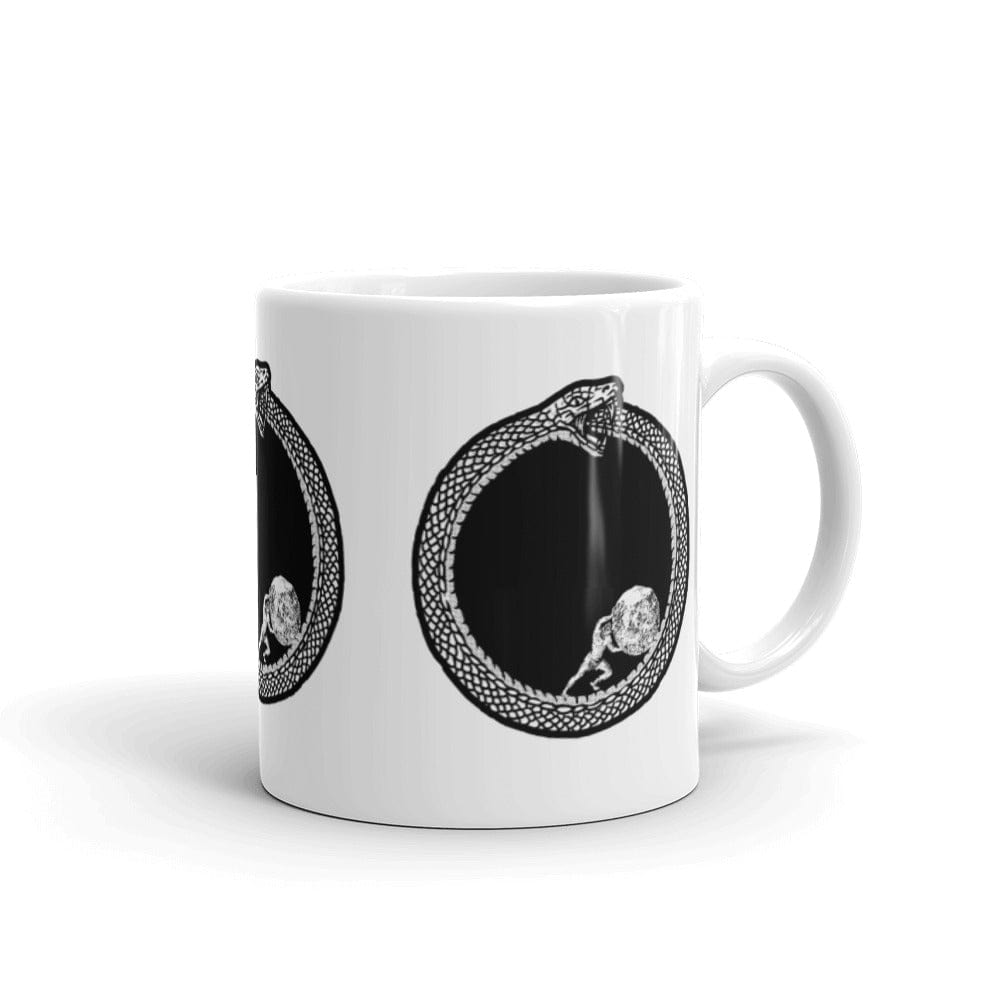Rosa Luxemburg - Time to SMASH the patriarchy!
Rosa Luxemburg verstand, dass Kapitalismus und Patriarchat miteinander verbundene Systeme der Unterdrückung sind, die gemeinsam abgebaut werden müssen. Die Gleichstellung der Geschlechter kann nicht unter wirtschaftlichen Strukturen existieren, die die Arbeit der Frauen ausbeuten und ihnen gleichzeitig die Macht verweigern. Eine echte Revolution erfordert die gleichzeitige Zerstörung des Chefs und des Boys' Club.


























































